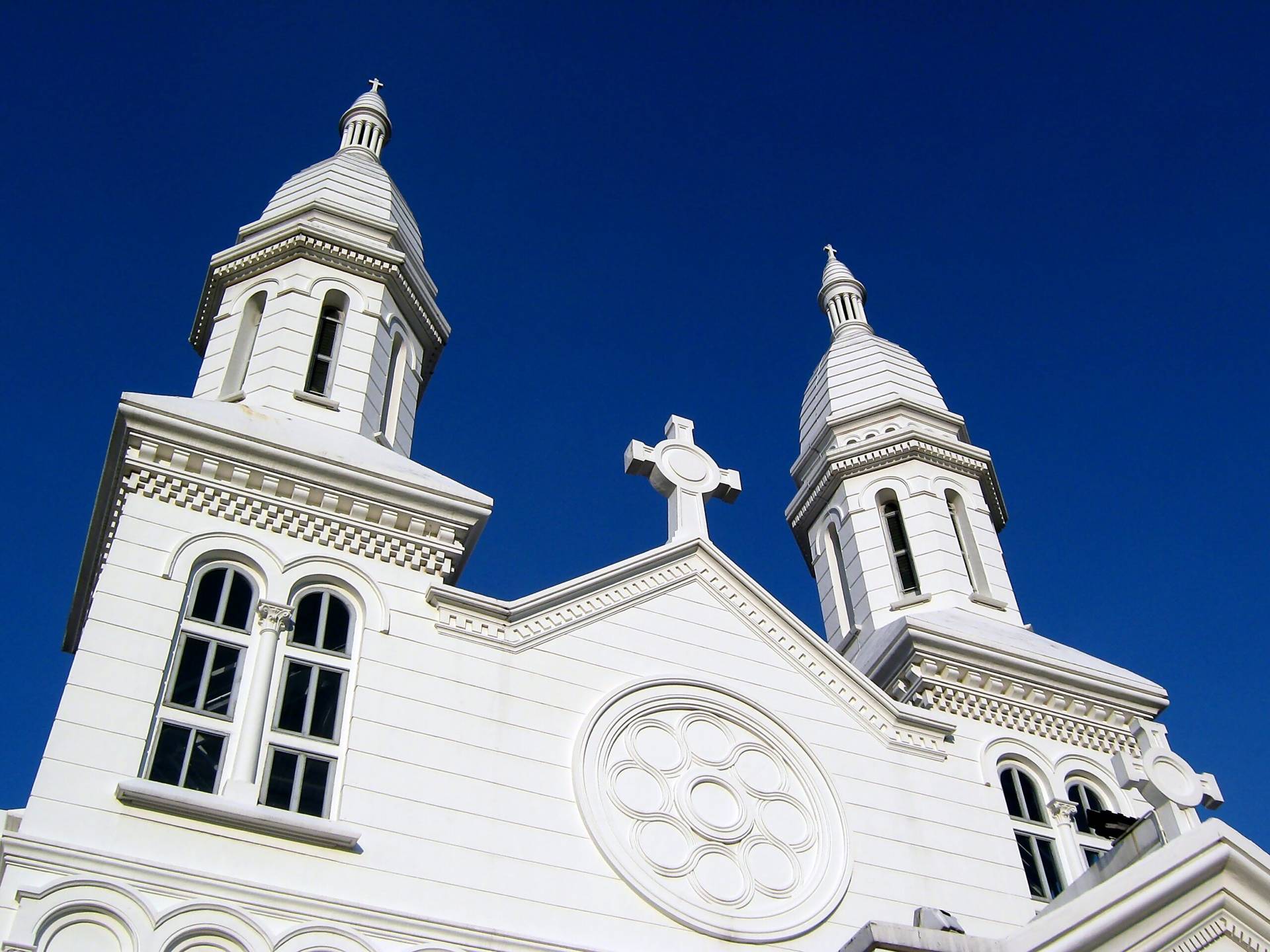India's Christian Minorities Face Ongoing Poverty Amid Rich Mineral Deposits

MUMBAI, India – As the global church observed World Day of the Poor on November 17, Archbishop Vincent Aind of Ranchi, Jharkhand, India, shed light on the stark contrast between a region rich in minerals and forest, yet plagued by poverty.
Located in eastern India, Jharkhand is one of the country's poorest states, with a strong presence of Hindus, Muslims, and Christians. Despite its wealth, nearly 70% of its population lives below the poverty line, with many struggling to meet their basic needs.
"The Archdiocese of Ranchi covers an area of significant mineral wealth and forest resources, yet the majority of people living here are poor in terms of economic means," Archbishop Aind said. "We have many who lack access to basic necessities like education and employment opportunities."
The Church leader emphasized that poverty in Jharkhand is not limited to economic disadvantage but also takes many other forms – including a lack of courage, motivation, and spiritual awareness.
"We cannot ignore the struggles of those who feel poor in terms of knowledge or understanding," Aind stated. "Others migrate temporarily or permanently seeking better ways to survive, while still more struggle with identity documents and access to basic services."
A significant burden on Christians in Jharkhand lies among India's Tribals and "Dalits" – groups often seen as a potential means of social improvement through the adoption of Christianity.
Archbishop Aind particularly highlighted the plight of Tribals in Chotanagpur, whose movement across regional borders makes it difficult to obtain essential documents like identity proof or banking services.
